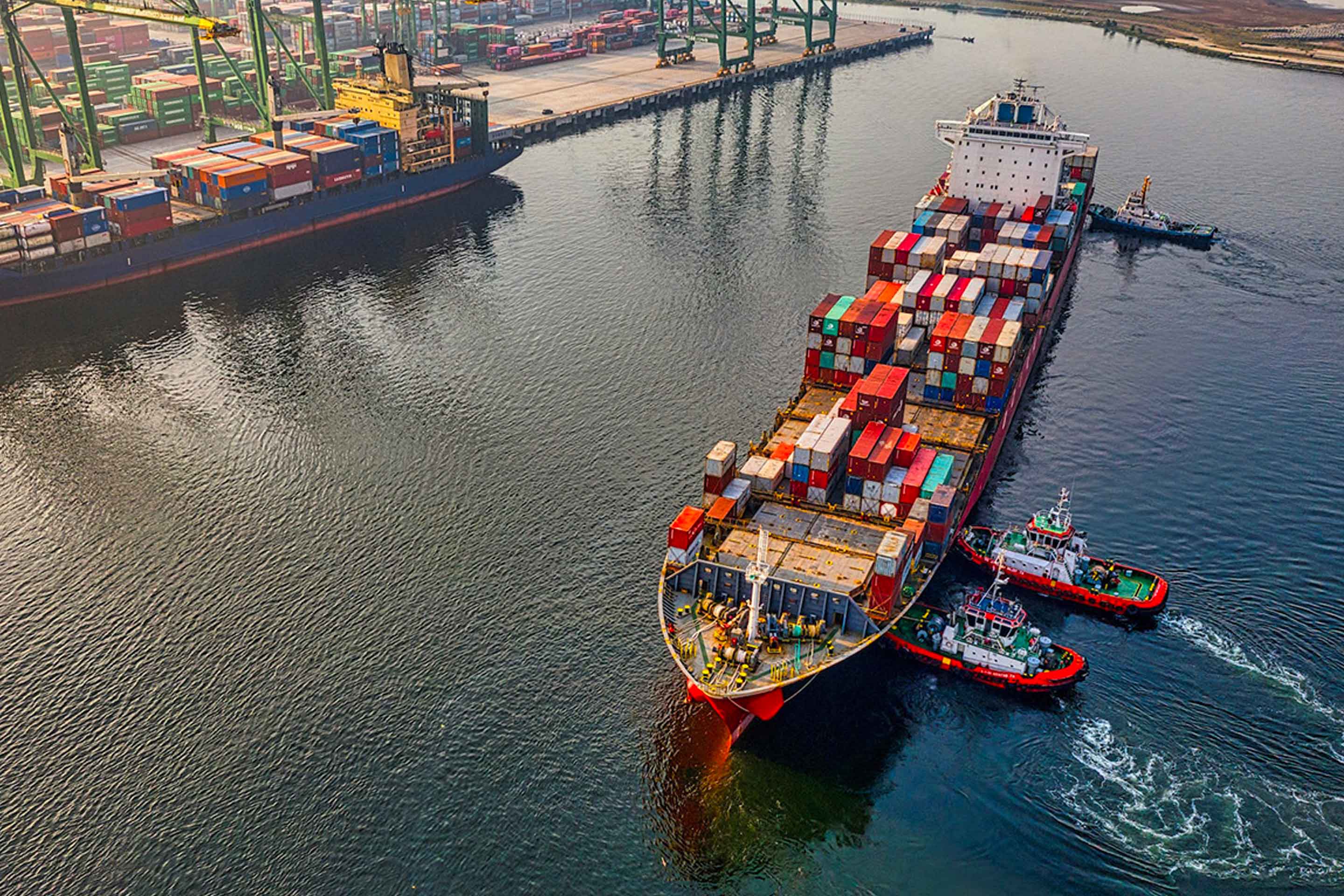Reliable relevant data, collected and generated through digital technologies, are crucial for improving ESG KPI and decision making process. Cristian Corotto, President of our Digital Division, highlights how Accelleron’s digital solutions can lead to significant fuel and GHG emissions savings.
What impact has digitalization on sustainability?
Back in 1883, Lord Kelvin asserted that “If you can’t measure it, you can’t improve it”. Yet, over a century later, my team and I often have the impression that people do not realize how close the connection is between sustainability and digitalization. You need data based on key performance indicators to improve your ESG footprint as an organization. Having reliable data as a starting point is key. But what is generating that data? Exactly, it’s digital technologies. Therefore, we aim to increase the digital scope and facilitate customers’ sustainability transition. Digital technologies, such as artificial intelligence, machine learning, cloud computing and others drive the green transition towards a more sustainable future, enabling sustainable decision-making process through reliable data and analytics.
Why is this awareness not equally evident everywhere?
In my view, it’s not only technology that drives this awareness, but also culture. It’s not simply a matter of technology, but a cultural issue that hinders business model change, putting business continuity and long-term growth at risk. Several ship operators are not yet aware of the positive impact optimal maintenance of engines can have on lowering fuel consumption and CO2 emissions. Besides, this is not only positive for our world and society but also decreases costs for these companies. We see that with our leading maritime customers, for example, those in Northern Europe, Germany, or Singapore, deeply and systematically incorporate sustainability in their daily business and behavior. Just as Accelleron itself has. For other maritime companies with a different mindset, the tighter rules, regulations, and reporting requirements that are already arriving will be challenging.
What is Tekomar XPERT?
Tekomar XPERT is Accelleron’s all-in-one software solution to understand and manage engine performance, emissions and hull efficiency. It allows ship owners and operators to optimize fuel efficiency and engine performance, with instant engine diagnostics and advisories, delivered automatically throughout each voyage. It also gives a clear view of each vessel’s current CO2 emissions and creates CII rating forecast reports, automatically. Finally, it provides critical insights into hull and propellor conditions and their effect on engine propulsion efficiency. This allows operators to reduce overconsumption, CO2 emissions and make smart choices on hull cleaning.
 Tekomar XPERT in action
Tekomar XPERT in action
You mentioned digitalization being the provider of sustainability data. Do you also have data showing the positive contribution of Accelleron technologies to lower fuel consumption and CO2 emissions?
If you implement our Tekomar XPERT software and follow the improvement suggestions this solution is providing you, in general, you can save 2% to 4% of fuel consumption per vessel. Our customer, Shanghai Ming Wah Shipping company, for example, which operates a fleet of nearly 50 vessels, has installed Tekomar XPERT in twelve bulk carriers. This led to valuable savings in fuel consumption and reduced fleetwide CO2 emissions by 5,800 tons a year.
 Cristian Corotto, President of Accelleron's Digital Division
Cristian Corotto, President of Accelleron's Digital Division
Why should the maritime industry be looking to accelerate its aims for long-term decarbonization?
“Don’t say you didn’t see it coming”, stated Michael Lewis in 2010 referring to the 2008 financial crisis. Nowadays, climate change is in everyone’s sight, and shipping companies cannot afford to be merely compliant with regulations. They need to be necessarily pro-active in defining and respecting sustainable strategies shared with all stakeholders. It’s not a choice, it’s an absolute must.
How do you intend to promote the adoption of sustainable business models by shipping companies?
By working with them to identify existing efficiency margins and relevant corrective actions, but, above all, by contributing to the evolution of their corporate culture.














